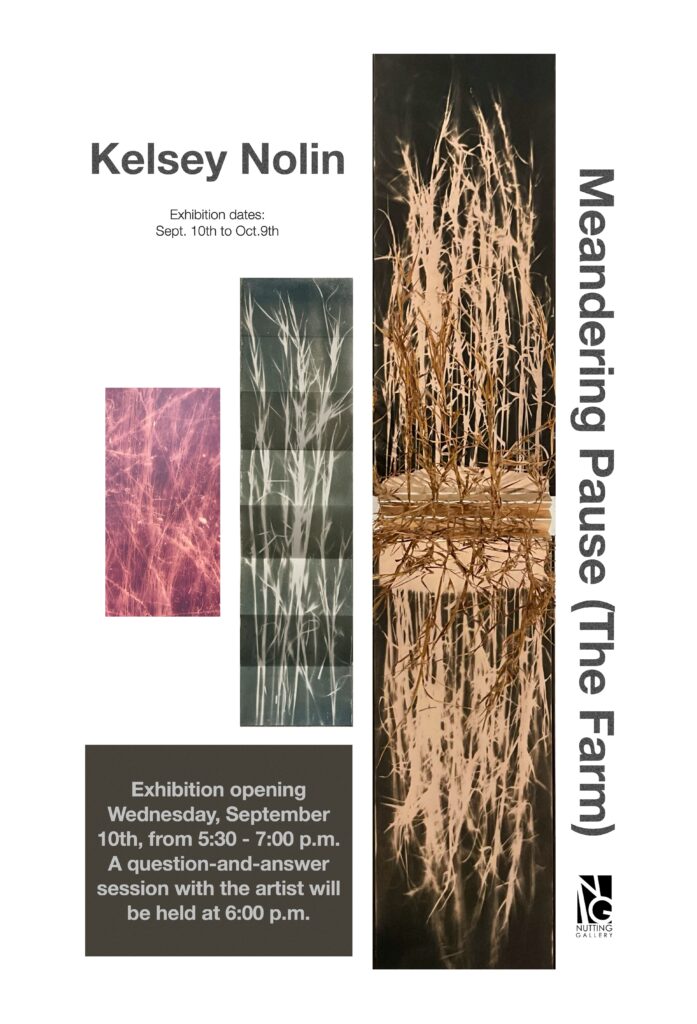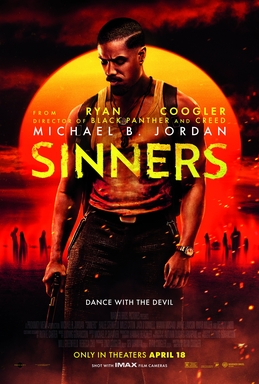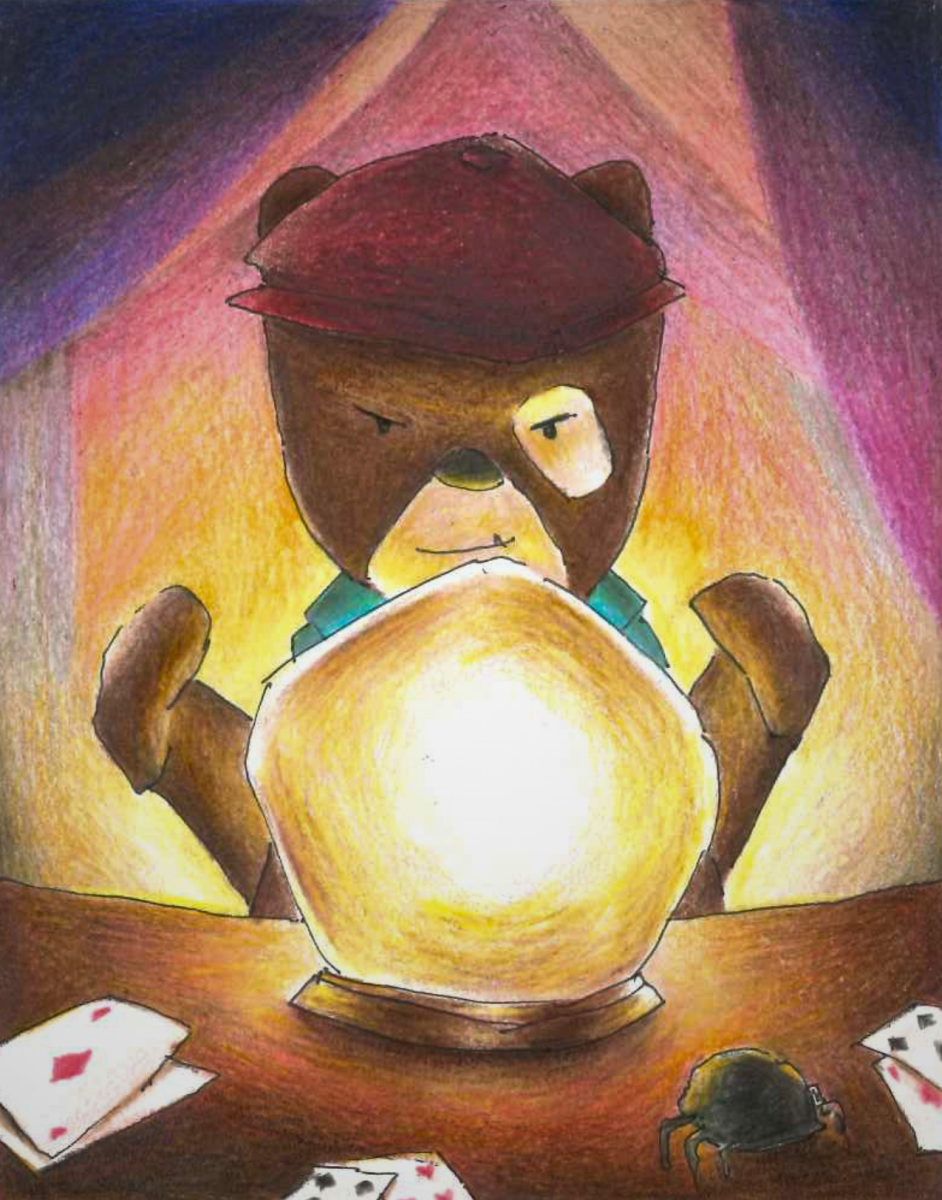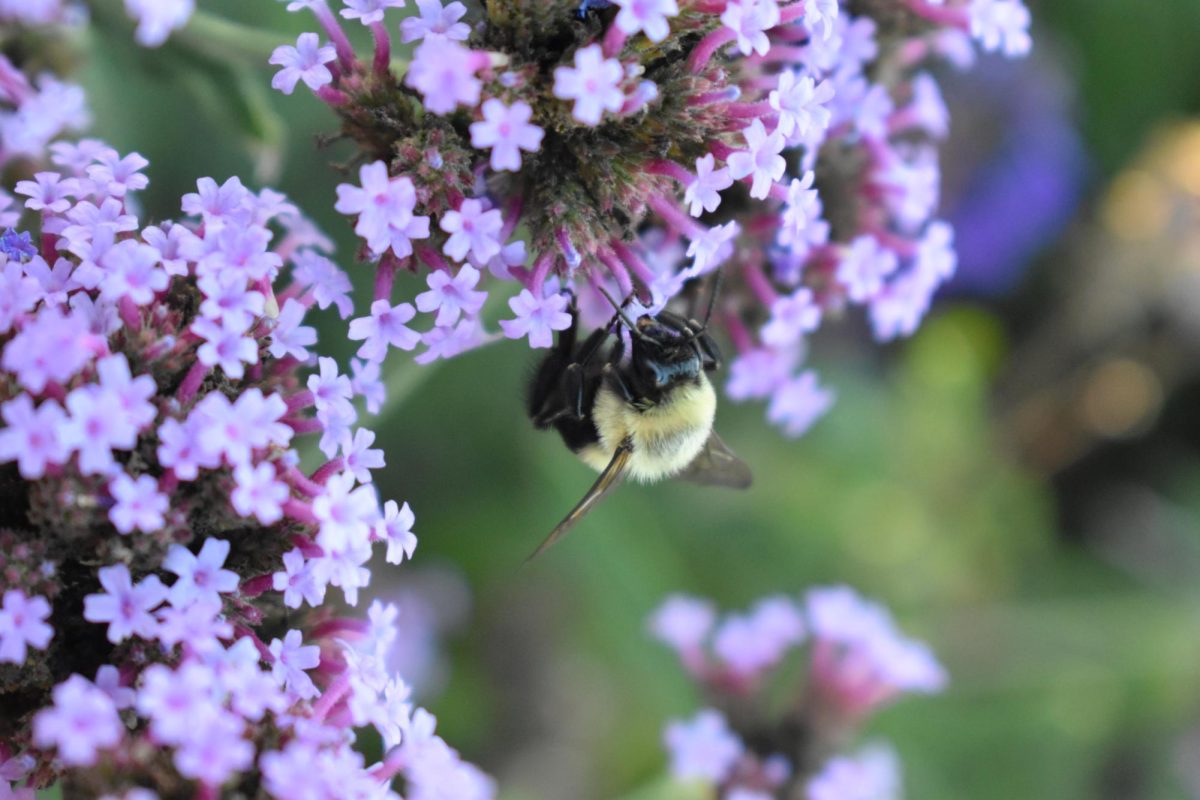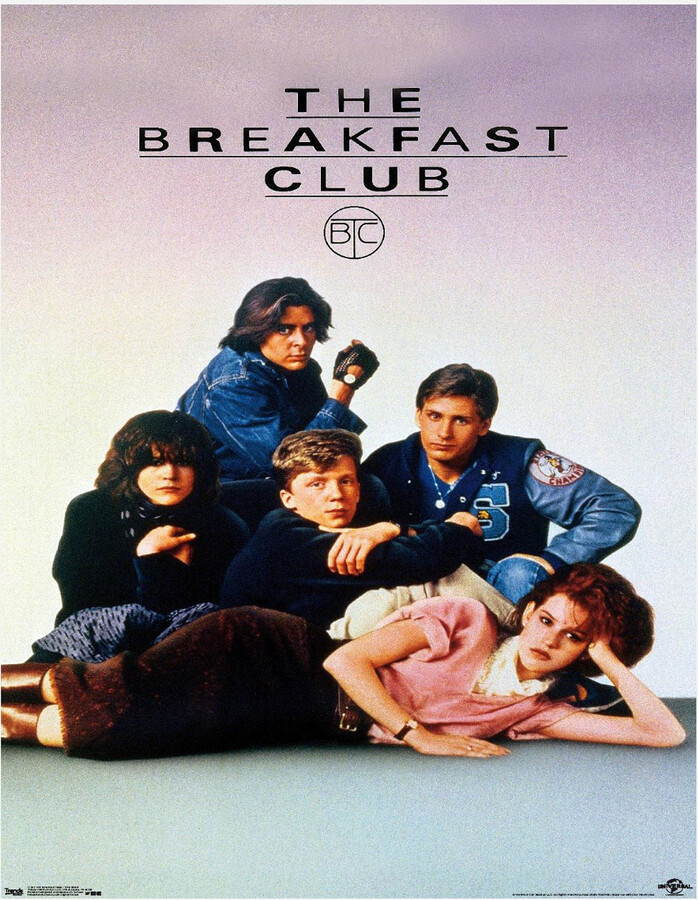By Daniel Morgan, Editor
“Gee, some people just can’t take a joke,” is often what comes to mind when people criticize a comedian or a television show for being mean. It is hard to tell when such forms of entertainment cross the line from being funny to being hateful. The Merriam-Webster dictionary defines “meanness” as “the desire to cause pain for the satisfaction of doing harm.” In terms of entertainment, it is doubtful that cruelness is the intention of a sitcom punchline or a stand-up comic’s material.
Yik Yak, the anonymous collegiate social media cell phone application, is considered a form of entertainment, and it is always full of insulting, personal attacks that are claimed to be just “jokes.” However, what is minutely funny about vicious, libelous, and sometimes violent statements concerning a student or a professor?
There is a fine line in society that separates entertainment from rudeness, and it is usually up to one’s own interpretation as to what constitutes as one or the other. When it comes down to it, material that has the intent of being mean should not be considered entertainment.
Well-loved comedienne and television host Ellen DeGeneres is known for her generous acts of kindness and has built a reputation of clean comedy. After all, she ends every episode of “The Ellen DeGeneres Show” with the phrase, “Be kind to one another.”
“Most comedy is based on getting a laugh at somebody else’s expense, and I find that that’s just a form of bullying in a major way,” DeGeneres said in a 2012 interview with Mo Rocca of CBS News. “I want to be an example that you can be funny and be kind, and make people laugh without hurting somebody else’s feelings.”
There is a lot of comedy out there that does not rely on insulting others for a laugh, but most of the time, the funniest and most popular material is that of which does make fun of people. Shows like “Saturday Night Live,” “South Park,” “Seinfeld,” and “Family Guy” all thrive off of making fun of people in every episode. Without comedic intent, these shows probably would have been cancelled because all they do is single someone out.
The difference between making fun of people for comedic intent and harmful intent is what draws that line for entertainment, as blurry as it can be. “Fashion Police” is a show that shames people purely for the fun of it. Making fun of someone’s clothes should not be considered entertainment, yet we still watch and we still laugh.
Stand-up comedienne Kathy Griffin is known for her brash, no-holds-barred routine of making fun of other celebrities, and she quit her run on “Fashion Police” after only seven episodes. She, like the late Joan Rivers who formerly headed the show, has no filter when it comes to humiliating people, so the exit came as a surprise.
“There is plenty to make fun of in pop culture without bringing people’s bodies into it,” Griffin said in a March 2015 tweet. “I do not want to use my comedy to contribute to a culture of unattainable perfectionism and intolerance towards indifference.” While this does shed light on the fact that the intent of entertainment can determine if it is mean, it should be brought up that Griffin has made jokes about people in the past based on their appearance. She has referred to Bristol Palin as “white Precious,” and Oprah Winfrey as “big, fat Oprah,” among many other jabs.
Lisa Lampanelli, an “insult comic,” is featured on the knowledge forum Big Think. Most of her material is like that of Griffin’s, and she thinks that making fun of somebody for comedy’s sake is flattering to the subject.
“Inclusion is better than exclusion,” Lampanelli said in a July 2015 story. “If comedians would start taking seriously the political correctness that’s been rampant for the last 20 years, and it took (Jerry) Seinfeld to bring it to light in the last year or so, then comedy kind of would disappear. If they only saw that inclusion is better than exclusion, if I include you and if other comics include you, that’s a compliment.”
Returning to Yik Yak, the main intent of its “entertainment” is not flattering comedy. Forms of expression present on apps like this and other forms of entertainment contain a lot of bullying and harassment, which should be considered anything but light comedy.
“I had Yik Yak once, but I had to delete it because I just couldn’t stand seeing all of the mean comments people would publish,” West Liberty University graduate Nicole Henry said.
And what is worse about the sometimes libelous, dangerous, and threatening statements present on Yik Yak is that it is cowardice. Since it is an anonymous app, no average person knows who writes what. Comedians at least own up to and take pride in their entertainment instead of hiding behind a backlit screen.
“The problem is that (Yik Yak) is anonymous, and it is hard to track without police involvement,” WLU Associate Dean of Student Services/Director of Housing & Student Life Marcella Snyder said. “I think it can be a venue for bullying, and that is not okay, especially because of the lack of accountability. However, if caught, students face not only on-campus judicial actions, but possible criminal punishment as well.”
According to Robert Provine in an article from The Guardian, “Laughing with brings the pleasure of acceptance, in-group feeling, and bonding. But laughing at is jeering and ridicule, targeting outsiders who look or act differently, pounding down the nail that sticks up, shaping them up, or driving them away. Being laughed at can be a very serious, even dangerous business.”
Entertainment has an essence of meanness present in each of its many forms, and for the most part, the purpose of being mean is in good fun. But in instances where one purposely attacks another for their personal agenda, it is anything but entertainment. Culture needs to eliminate this idea of rude entertainment because there is a huge difference between political incorrectness and harmful intentions. Next time you laugh at something, whether it is a sitcom, social media post, or stand-up comedy special, think about the intent of that joke, and think about how it affects those who are being laughed at.






